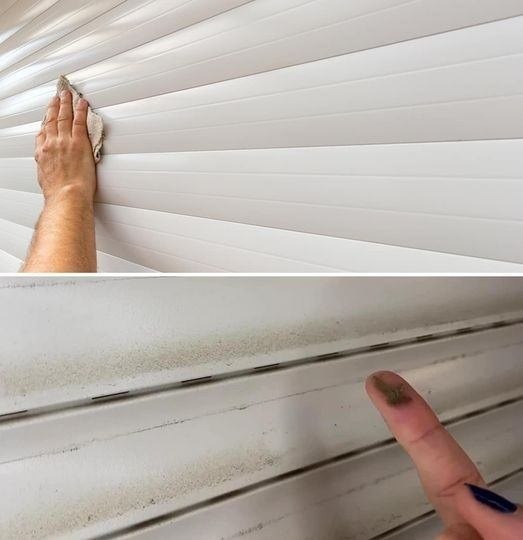ADVERTISEMENT

How to Clean the shutters to Make It Look Like New
Ladies, have you ever considered freezing eggs to minimize waste? I stumbled upon this ingenious kitchen hack recently, and it’s revolutionized my cooking! Just the other day, I found myself with an excess of eggs after baking a cake.
Instead of letting them spoil, I decided to experiment with freezing them. The results were astonishing!
Nutritional Breakdown of Eggs
Whole Eggs: Each egg approximately contains 70 calories, 6g protein, 5g fats (including 1.6g saturated fat), and 186mg cholesterol. They’re rich in vitamins D, B12, and A, as well as iron and zinc.
Egg Whites: Known for their high riboflavin and selenium content, egg whites have no cholesterol or fats and about 4g protein, amounting to roughly 17 calories per egg white.
Egg Yolks: Each yolk offers around 55 calories, 2.7g protein, 4.5g fats (including 1.6g saturated fat), and 186mg cholesterol. They’re a good source of vitamins A, D, E, B12, iron, and choline.
Vitamins and Minerals in Eggs: Their Benefits and Risks
Vitamin D:
Vitamin D: Crucial for bone health and immune function, it also aids calcium absorption and mood regulation. An average egg provides about 10% of the recommended daily allowance (RDA).
Vitamin B12: Essential for DNA production and nervous system health, an egg provides about 9% of the RDA.
Read more on next page
Vitamin A: Important for vision and immune function, an egg has approximately 5% of the RDA. Overconsumption can lead to toxicity.
Iron: Vital for oxygen transport and red blood cell production, an egg supplies around 6% of the RDA.
Zinc: Key for immune function and DNA synthesis, an egg offers about 5% of the RDA.
Remember, while eggs are a valuable nutrient source, they should be part of a balanced diet to avoid deficiencies or excesses. Effects vary based on individual health and diet.
Step 1: Freezing Whole Eggs
Gently whisk the whole eggs. Avoid overdoing it to prevent too much air incorporation, which might alter the texture upon defrosting.
Pour the whisked eggs into freezer-safe containers. For practicality, use ice cube trays for individual portions. Once frozen, transfer the egg cubes to an airtight freezer bag for easy portioning later.
This freezing method is a fantastic way to preserve eggs and prevent waste. Plus, it’s incredibly convenient for portion control in recipes. Give it a try, and you’ll be amazed at how this simple trick can be a game-changer in your kitchen!